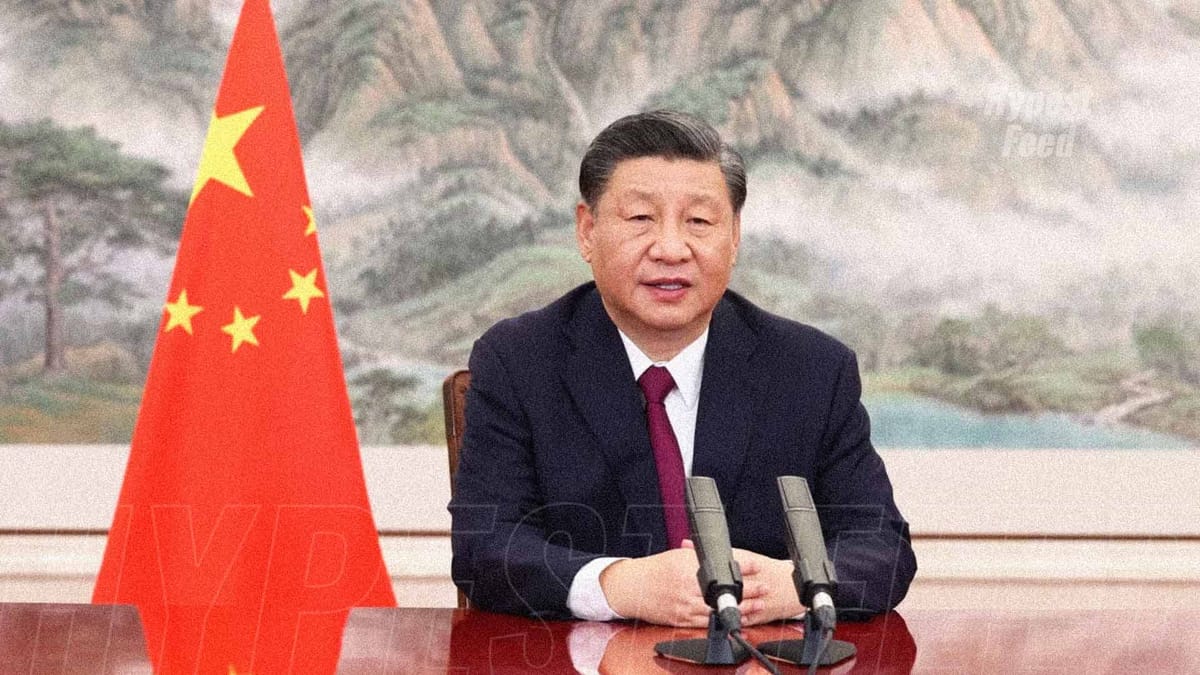As the curtains close on China's annual parliamentary session, one notable absence stands out: the premier's press conference, traditionally held on the final day, has been mysteriously axed for the remainder of the term. Officials claim it's unnecessary given other opportunities for media inquiries, but critics view it as another instance of tightening control, contrasting with the congress's rhetoric of openness.
The cancellation not only reduces Premier Li Qiang's visibility but also restricts a rare platform for foreign journalists to engage with China's second-in-command. Past conferences have even sparked unexpected revelations, like in 2020 when then-Premier Li Keqiang's disclosures raised doubts about the government's poverty eradication claims.
This move, coupled with a shorter session this year, reflects ongoing shifts within the Chinese Communist Party, where President Xi Jinping consolidates power, raising concerns about transparency. However, externally, China attempts to project an image of openness to counter declining foreign investor confidence and economic challenges. Foreign Minister Wang Yi emphasized China's attractiveness for investment, asserting its role as a growth engine and highlighting purported efforts to enhance openness.
In this year's economic roadmap, presented by Mr. Li at the session's outset, a focus on opening up more sectors to foreign investment and easing market access restrictions, particularly in manufacturing and services, was outlined. This shift follows concerns among foreign investors triggered by recent legislation on anti-espionage and data protection, alongside high-profile detentions of both Chinese and foreign business figures, culminating in a three-decade low in foreign direct investment in China.
Dr. Wu highlighted the growing unease among investors due to decreased transparency and political uncertainties. However, Mr. Wang dismissed such apprehensions, urging against spreading pessimism about China and emphasizing the country's potential.
Amid the rhetoric of "high-quality development" and "new productive forces," China aims for approximately 5% GDP growth this year. Neil Thomas observed Beijing's pivot towards attracting high-end foreign technology and advanced manufacturing to bolster key future industries, emphasizing stability as crucial for all endeavors.
While pursuing economic growth, China also underscores heightened national security concerns, prompting questions about the compatibility of an open economy with increased control. Jacob Gunter suggested that China seeks to safeguard critical technologies within its borders to mitigate risks of technological theft or export restrictions by foreign rivals.
Moreover, Beijing pledged to address pressing economic issues like the real estate market downturn and burgeoning local government debts. Mr. Li vowed to implement measures to mitigate financial risks and enhance supervision while cracking down on illicit financial activities, reflecting a shift towards long-term priorities in economic management.



Member discussion: